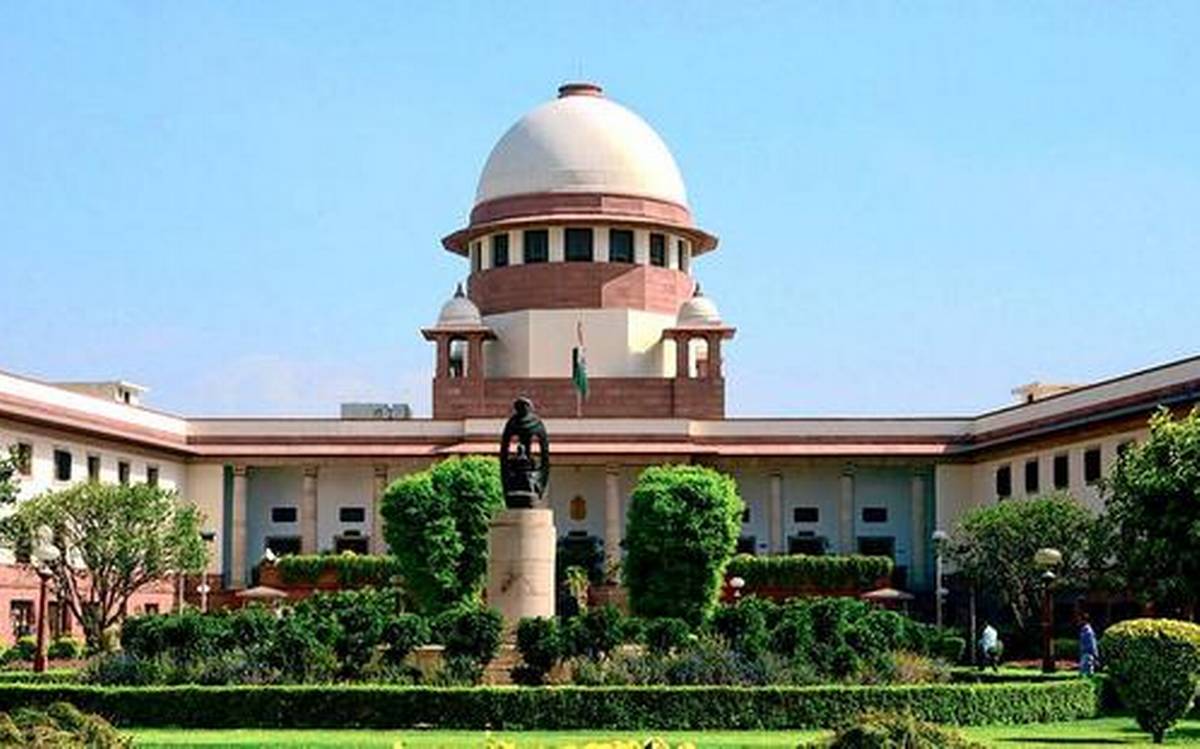
The Delhi High Court’s directive to private schools on May 26 to fill the reserved seats left vacant under the Economically Weaker Section (EWS) category over the previous ten years has been overturned by the Supreme Court.
“We are unable to appreciate how clause 4 of the impugned order dated May 26, 2022, can be worked out even if the schools are at default for the earlier period of years as the same cannot be compensated in this manner by an interim order,” said a bench of justices Sanjay Kishan Kaul and AS Oka on September 1.
The high court issued the order in response to a petition from the NGO Justice for All’s plea that private schools be told how to implement the terms of the Right of Children to Free and Compulsory Education (RTE) Act. It requested the state to make sure that regardless of the actual number of students admitted under the general category, 25% of the seats under the EWS category are filled on the basis of reported sanctioned strength at the entry-level.
The interim order was contested before the top court on the grounds that the RTE Act did not recognise the idea of “declared strength.” Private schools claimed that the Delhi government’s Directorate of Education was responsible for imposing the requirement that more EWS students be admitted than the 25% required by the 2009 law. They claimed that the directive made reference to an imaginary “backlog of unfilled seats.”
The top court agreed with the argument and instructed the high court to first address the crucial question of whether the 25% of seats allocated to the EWS category are being filled based on the claimed sanctioned strength or actual admissions. “We do think that this cannot be the topic of an interim order… Therefore, we believe that the major issue must be decided upon in its entirety and cannot be the subject of the type of interim relief that was given.”
The Delhi government informed the high court that 132 or more private schools have refused to admit students who fall within the EWS category despite being sent notifications. The high court order applied to schools built on both public and private property.